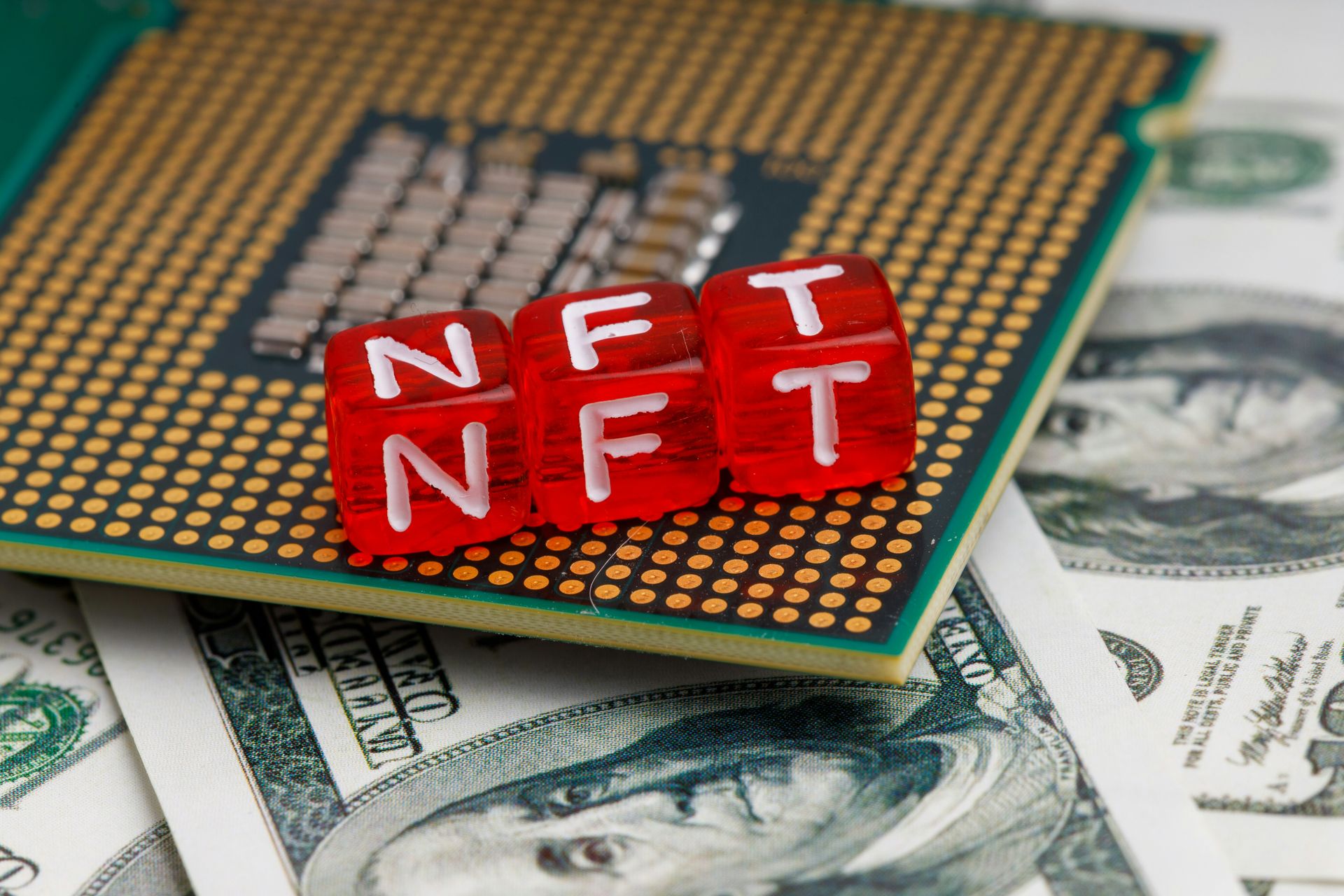The use of cryptocurrencies in online gaming has created new opportunities for both producers and users in this quickly changing industry. But this innovation also presents a special set of difficulties, especially in the area of security. In this context, it is critical to safeguard users’ digital assets, preserve user confidence, and ensure fair play.
As we explore the subtleties of this setting, it becomes evident that strong security protocols are not only advantageous but also necessary for the long-term viability and expansion of this fascinating nexus between blockchain technology and gaming.

The rise of crypto gaming: Trends and statistics
The rise of cryptocurrency gaming, which combines the excitement of gaming with the cutting-edge potential of cryptocurrencies and blockchain technology, represents a dramatic advancement in the digital entertainment industry. This combination has created a booming market that is defined by innovative gaming models like play-to-earn and the tokenization of in-game content, which are changing how users engage with and value their virtual experiences.
Many patterns and figures surface in this dynamic environment, emphasising the games’ growing diversity, quick expansion, and rising user involvement. These insights not only underscore the sector’s burgeoning popularity but also signal a promising future for online crypto gaming platforms, setting a new standard for immersive, secure, and economically empowering gaming experiences.
Fundamental security technologies in crypto gaming
Blockchain technology and its security features
Blockchain technology is a cornerstone in the world of cryptocurrency gaming, offering a strong foundation that guarantees the security and integrity of in-game assets and transactions. This cutting-edge technology uses consensus processes, cryptographic hashing, and decentralisation to provide an environment that is transparent, unchangeable, and impenetrable. These security measures are essential because they prevent fraud, illegal access, and data breaches, giving gamers and developers peace of mind.
Blockchain ensures fairness and transparency by automating and enforcing the rules of the game via the use of smart contracts. As a result, these core security technologies not only improve the gaming experience but are also essential to the sustainability and trustworthiness of cryptocurrency gaming ecosystems, allowing players to concentrate on the immersive experience without worrying about the security of their digital assets.
Smart contracts and their role in secure transactions
One of the most innovative features of blockchain technology is smart contracts, which are essential for bolstering the security of cryptocurrency gambling platforms. These self-executing contracts are transparent and immutable, which means that once they are deployed, they cannot be changed or tampered with since the conditions of the agreement are explicitly encoded into the code. Due to the automation of these contracts, there is no need for middlemen, which lowers the possibility of fraud and human mistake and guarantees a high degree of security.
Smart contracts provide safe, quick, and transparent in-game transactions in the context of cryptocurrency gaming, guaranteeing that participants receive their rewards or digital assets in accordance with the predetermined rules without any delay or disagreement. They also allow developers to design more intricate, equitable, and captivating game worlds since they know the contract will automatically enforce the terms of agreement. As a result, smart contracts are essential to building security and confidence in online gaming ecosystems by making sure that all exchanges and transactions are carried out amicably and in compliance with the highest integrity requirements.

Encryption methods for protecting data
As a vital first line of defence for safeguarding sensitive data and user data, encryption techniques are essential to improving security in cryptocurrency gaming. By encrypting data in a way that only authorised users can decipher, these techniques render sensitive data unintelligible either in transit or in storage. This guarantees that, should data be captured by malevolent entities, it will remain unintelligible and unusable in the absence of the proper decryption key. Encryption safeguards players’ digital assets, transaction information, and private information in the gaming industry, promoting a secure playing environment.
In order to provide players confidence and security when interacting with the platform, it also aids in preserving the confidentiality and integrity of in-game interactions and transactions. Crypto gaming platforms can prevent data breaches, unauthorised access, and other cyber dangers by including advanced encryption mechanisms. This helps to protect the ecosystem and uphold user confidence.
Secure payment gateways for crypto transactions
To ensure the safe processing of cryptocurrency transactions, secure payment gateways are an essential part of the architecture of bitcoin gaming platforms. These gateways serve as a conduit for digital currency transactions that is quick, safe, and effective between the blockchain and the gaming environment. These gateways ensure that every transaction is secured and completed safely by using cutting-edge encryption techniques and adhering to strict security regulations like PCI DSS (Payment Card Industry Data Security Standard).
This keeps gamers’ experience smooth and user-friendly while also guarding against cyber theft and unauthorised access. Users feel more confident when such secure payment options are integrated because they know that their investments and virtual assets are being managed with the highest level of security. Additionally, these gateways frequently incorporate extra security measures like fraud detection software and two-factor authentication, which strengthen the platform’s defences against security lapses and guarantee a reliable setting for users to conduct cryptocurrency transactions.

Advanced security measures for enhanced Protection
Enhancing the safety of digital platforms requires advanced security methods, including Two-factor authentication (2FA) and Multi-factor authentication (MFA), in addition to biometric security systems. By requiring users to submit two or more verification factors in order to access their accounts, 2FA and MFA add important levels of protection and drastically lower the likelihood of unauthorised access. To ensure that a compromised password is insufficient for an attacker to access a user’s account, this might entail a mix of passwords, security tokens, or even biometric verification.
Systems that use biometric identification, like fingerprint scanners and face recognition software, provide a customised level of protection by utilising distinctive personal traits that are very hard to copy or steal. When combined, these technologies build a strong defence system that protects sensitive data from increasingly complex cyberattacks. Organisations may give consumers a more dependable, safe, and user-focused experience by incorporating these cutting-edge security solutions, which will increase users’ trust and confidence in the digital ecosystem.
Featured image credit: freepik





